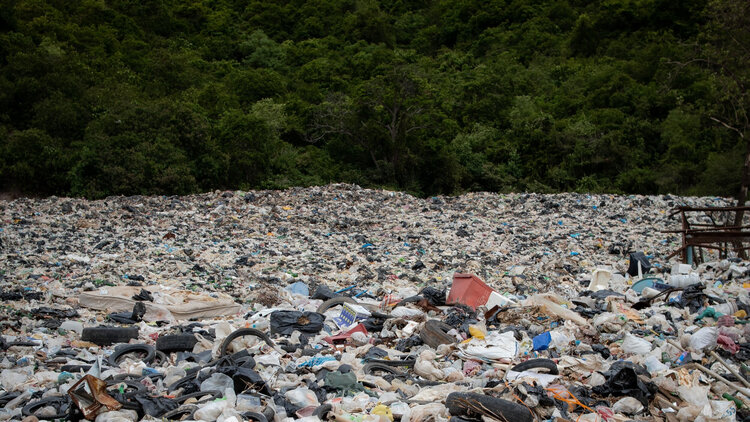Within Delft University of Technology, international technology development and research in low and middle-income countries are clustered within the TU Delft | Global Initiative. Delft Global is a community of experienced researchers and PhDs, with very diverse views on technology and its applications, let alone on the overarching theme of development. Students learn their views on and ways within this theme through a combination of activities. In meetings, guest speakers are invited (partly from Delft Global, partly others) and literature is discussed. This individual assignment of the course is designed by students themselves. Delft Global organizes monthly lunches with presentations from its own researchers.
The Effectiveness of Entrepreneurial Aid for Poverty Reduction in Sub-Sahara Africa
by Anton Totomanov
Sub-Saharan Africa receives tens of billions of dollars in foreign aid every year. Yet studies often show that these sums cannot be causally linked to any life improvement for the people in the region. Three major culprits of ineffective charities are identified. They overvalue short-term benefits and ignore the long term. Their organization is overly complex, imposing financial overhead and limiting scalability. Finally, they target institutions rather than individuals, opening the door for systemic corruption, discrimination, and the exercise of illegitimate power. Entrepreneurial aid is a promising novel form of charity that sidesteps these problems. It enables individuals to secure their families and communities through responsible entrepreneurship. The most effective variant of entrepreneurial aid is capital injection by unconditional cash transfers (UCTs). UCT recipients show increases in employment, household consumption and earnings years after intervention. UCT-type interventions have significantly lower-than-average overhead. Recipients consistently use the transfers in good faith to meet their most immediate needs and do not increase their spend on temptation goods. This report issues the recommendation to further explore unconditional cash transfers using rigorous scientific methods.
Bene fits of plastic removal in African rivers
by O. W. C. Wamelink
Plastic in rivers has been an increasing problem over the past decades. The amount of plastic in rivers is growing fast. The report will focus on the benefits of plastic removal in African rivers. The benefits are split up in three categories: environmental, health and economic benfits. Afterwards the relation between these categories are discussed, as they are intertwined a lot. The lesson learned from this report is that the plastic problem is more complex than it seems. There are many steps that need to be taken in order to tackle the problem of plastic in African rivers.











